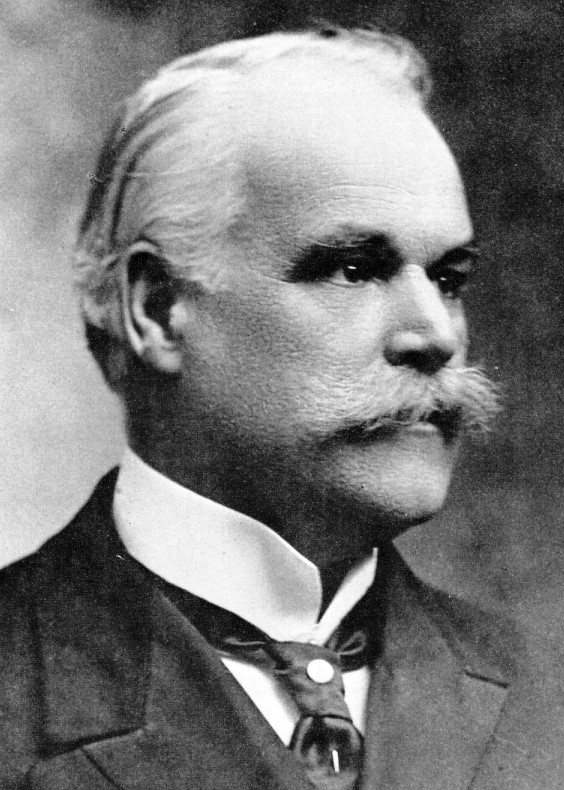Alphonse Desjardins, a trailblazer of French-Canadian Social Catholicism
Frederic Barriault
Communications et Société
Attendees of the SIGNIS World Congress and the 2017 Catholic Media Conference will do so at Laval University, the first Catholic university founded in French North America. Although it was officially created in 1852, the roots of Laval University dig deep in the history of New France, the university itself being an offspring of the Seminary of Quebec, founded in 1663 by St. Francois de Laval, Canadaâs first bishop.
These congresses will also take place in the Desjardins Hall of the same university. Who was that Desjardins? And why did Laval University name one of its buildings after him?
Born in Levis, on the south shore of Quebec City, Alphonse Desjardins (1854-1913) grew up in a province of Quebec faced by two âperilsâ: an ongoing Industrial Revolution, as well as a robust rural exodus. Thousands of impoverished French-Canadian farmers and settlers left the countryside for Canadian and American booming industrial towns. Between the 1850âs and the Great Depression, about 500, 000 French Canadians left Quebec to settle in such towns in New England, from Winooski and Burlington, VT, to Woonsocket, RI; to Lowell, Lawrence and Fall River, MA; to Manchester and Nashua, NH; as well as Lewiston, Maine, where they left a strong and lasting imprint.
As thousands of other Catholic workers â Irish, Germans, Italians, Poles, Slovaks â who settled in the 19th Century United States, French Canadians were quite familiar with the life of strife and poverty condemned by Pope Leo XIII in Rerum novarum, his 1891 encyclical on industrialization and social justice.
Worried in his youth by the ongoing rural exodus, as well as the dreaded fate of the industrial workers, Desjardins hoped to improve his fellow citizensâ living conditions. As elsewhere in the Catholic world, money was the crux of the matter. Poor farmers and settlers wanted to modernize their land, invest in cattle, and buy farm implements. Urban workers â carpenters, masons, cobblers, cabinetmakers, grocers â wanted to do just the same, namely starting their own businesses. Alas, the large chartered and profit-oriented banks refused to offer them any loans, thus forcing these farmers and workers to rely on usurers and loan sharks. And to go bankrupt shortly thereafterâ¦.
Hoping to face these two perils, Alphonse Desjardins founded in 1900, with his wife Dorimene and a score of Catholic clergymen, the cooperative banks that now bear his name. Unlike the chartered, profit-oriented banks, the caisses populaires (Peoples Banks) are cooperatives, managed at the parish level, and willing to lend some money to small farmers and businessmen.
Over the years, this system contributed to the economic growth of French Canadian farms, rural industries and urban small-businesses, in Quebec, as well as in the parishes and Catholic regions of Ontario, New Brunswick and New England.
Nowadays, Mouvement Desjardins manages $258,4 billion worth of assets, and has 7 million members, 47 655 employees, 313 branches and 1080 service points in Quebec and in Ontario.
""


